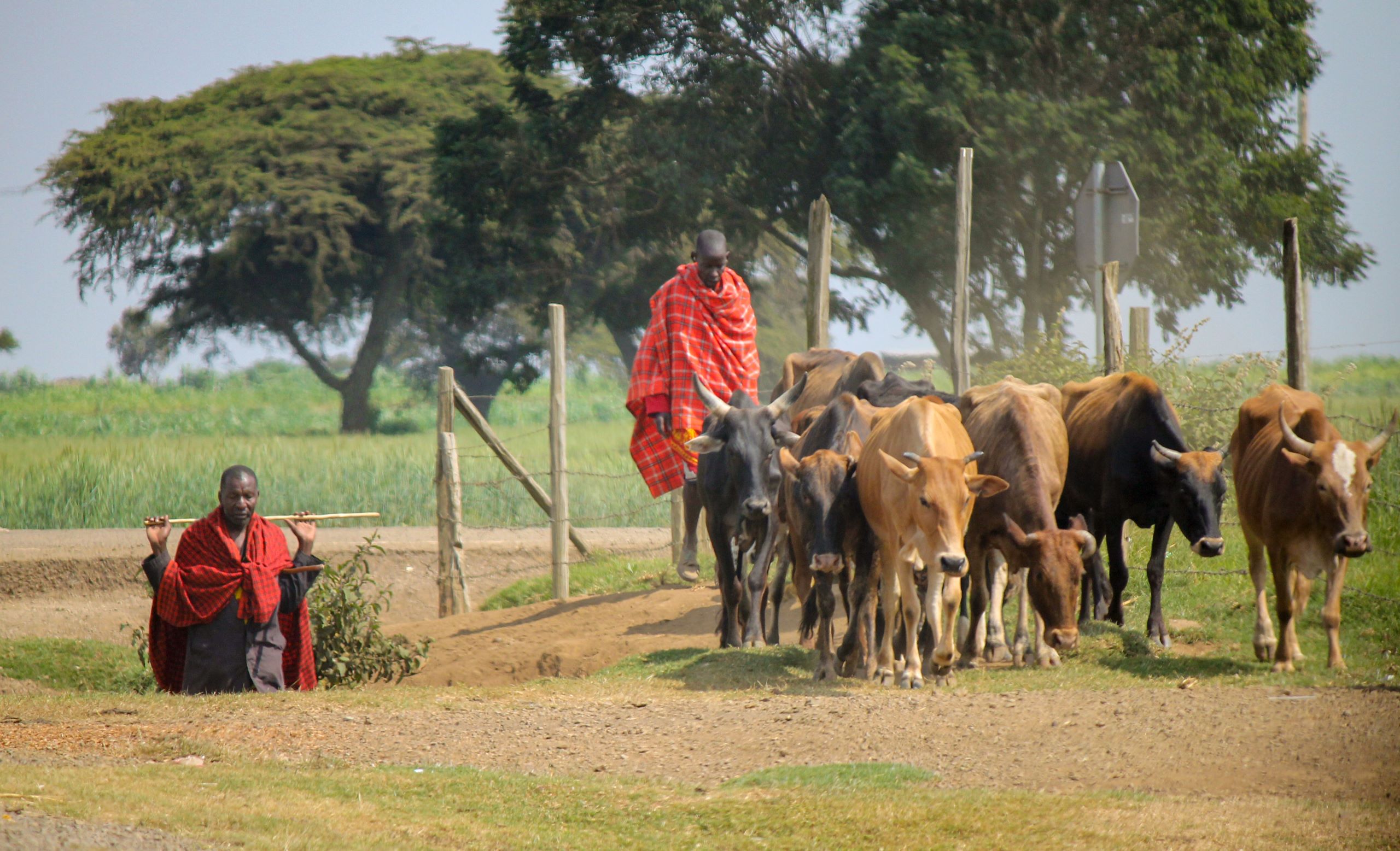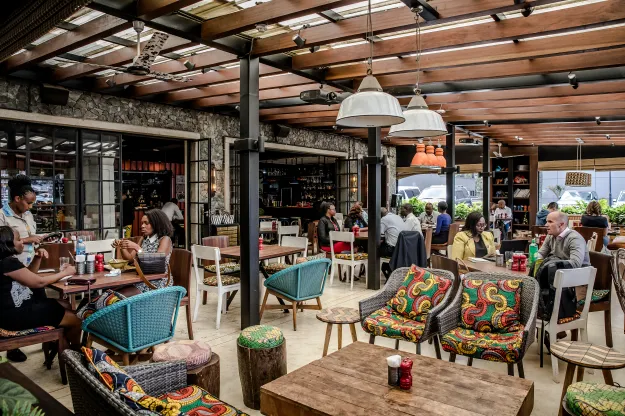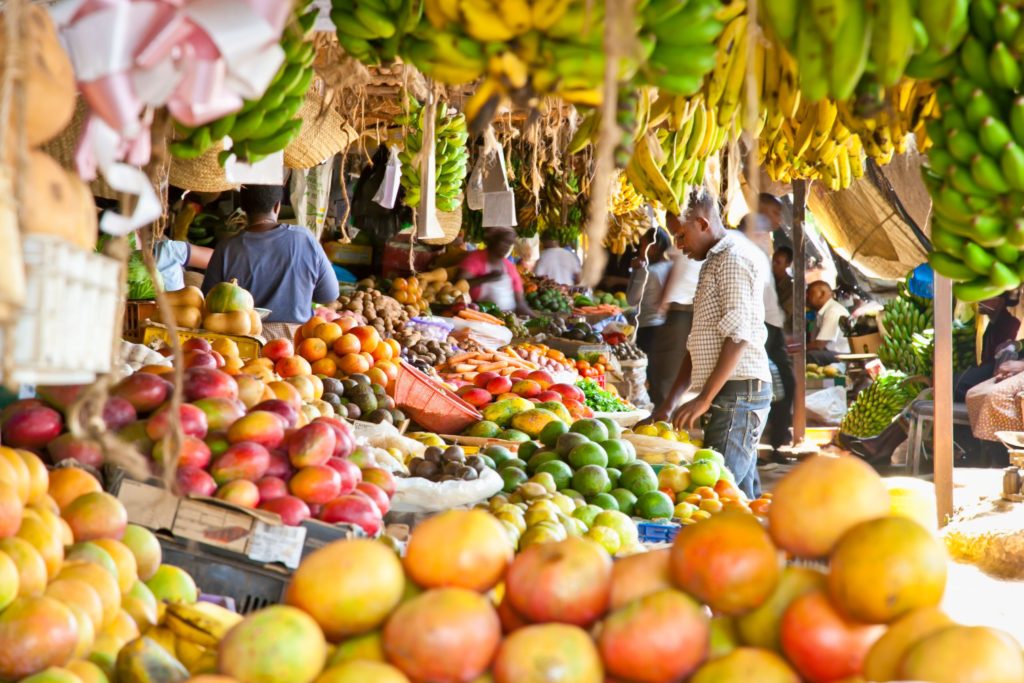Kenya is a country that pulses with life, colour, and a rich tapestry of cultures. It’s a place where the warmth of the sun is matched only by the warmth of its people, making it a captivating destination for travellers seeking to immerse themselves in authentic African experiences. From the bustling streets of Nairobi to the serene landscapes of the Maasai Mara, Kenya offers a taste of a lifestyle that is both diverse and harmonious. Let’s take you on a journey through the Kenyan way of life, exploring the everyday to the extraordinary.
A Day in the Life
A typical day for a Kenyan family begins with the rising sun. In rural areas, mornings are spent tending to crops and livestock, while urban residents prepare for a day in the office or at school. Meals are family affairs, with everyone gathering to share food and stories. Evenings might be spent with neighbours or participating in community events. Despite the hustle and bustle, there’s always a sense of togetherness and resilience that defines the Kenyan spirit.

Hospitality and Warmth
Kenya is renowned for its hospitality. Visitors are often greeted with the Swahili salutation “Karibu” meaning “welcome”. This extends beyond words; it’s not uncommon for Kenyans to invite new acquaintances into their homes for a meal or a cup of tea. The friendliness and openness of the Kenyan people make it a truly welcoming destination for travellers.
Wisdom Through Sayings
Kenyan culture is rich with proverbs and sayings that offer wisdom and insight into life. “Haba na haba, hujaza kibaba” – “Little by little, the pot gets filled” – is a popular Swahili proverb that emphasises the value of patience and perseverance. Such sayings are a testament to the deep-seated wisdom that guides daily life in Kenya.
A Taste of Kenya
Kenyan cuisine is a delightful exploration of flavours, with dishes that are as varied as the country’s landscapes. Ugali, a simple maize flour porridge, is the staple food, often served alongside succulent “nyama choma” (grilled meat) or “sukuma wiki” (collard greens). Breakfast might include mandazi, a type of Kenyan doughnut, paired with chai tea, spiced and sweetened to perfection. For a taste of the coast, you can’t miss out on Swahili dishes such as biryani and “samaki wa nazi” (fish cooked in coconut milk).

Socialising, Kenyan Style
Kenyans have a strong sense of community, and socializing is an integral part of daily life. Nyama choma joints are not just places to eat; they’re where friends and family gather to catch up over a meal. The local “choma zones” are bustling with activity, offering a lively atmosphere to enjoy Kenya’s favourite pastime – eating grilled meat. Coffee shops and malls in urban centres like Nairobi and Mombasa also serve as popular hangouts, reflecting a blend of modern and traditional social scenes.

Kenyan Homes and Living
The Kenyan home is a place of hospitality and comfort. In rural areas, it’s common to find homesteads with several small houses made of mud or bricks, each serving a different purpose—one for sleeping, another for cooking, and so on. Urban dwellings range from gated suburban communities to apartments in high-rise buildings, showcasing the country’s rapid development. Regardless of the setting, Kenyans take pride in their homes, often adorned with vibrant decorations and surrounded by gardens or small farms.
Regional Diversity
Kenya’s diverse landscape is mirrored in its cultural variations. From the fishing communities along Lake Victoria to the pastoralist societies in the north, each region has its unique traditions and ways of life. The coastal areas are influenced by Arabic and Indian cultures, seen in their cuisine and architecture, while the highlands reflect the agricultural lifestyles of the Kikuyu and Kalenjin communities.

Kenya is a country where every meal, every greeting, and every sunset tells a story of community, resilience, and warmth. Whether you’re exploring the vibrant streets of its cities or the tranquil paths of its rural landscapes, Kenya offers a journey into the heart of African culture and hospitality.


